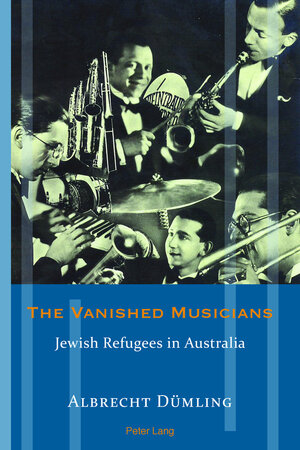
Praise for the German edition:
«Dümling has traced a web of connections between yesterday’s Germany and today’s Australia, a history of disgrace, culpability, neglect, unlikely twists of fate and even the occasional happy end.» (Shirley Apthorp,
The Australian)
«Dümling is probably best known as the curator of
Degenerate Music
, an important exhibition about Nazi propaganda in music. In
The Vanished Musicians
his approach is like that of a curator who brings neglected historical exhibits to light.» (Glenn Nicholls,
Inside Story)
«The liveliness Dümling manages to transmit in his stories [...] makes the book a compelling read.»(Andrea Bandhauer,
Shofar)



